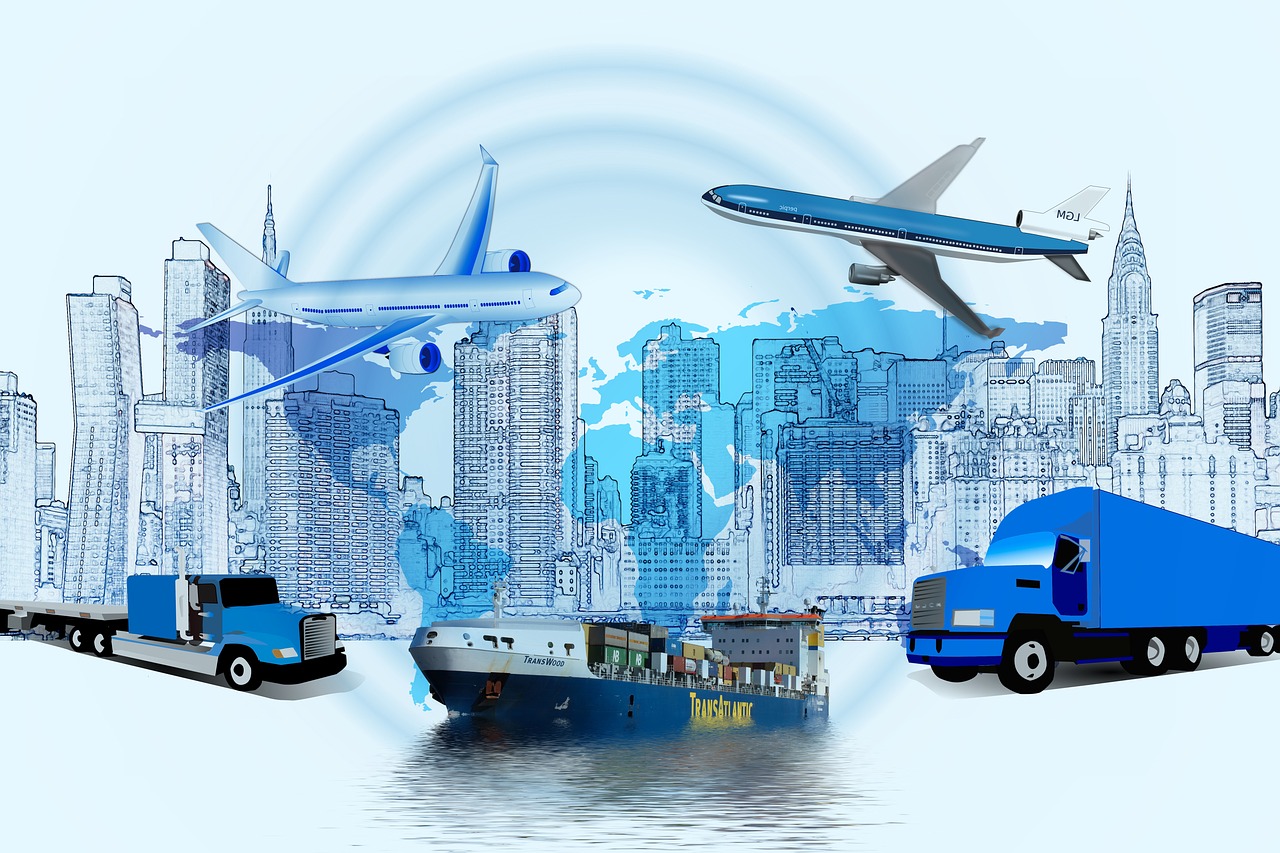The Role of Blockchain in Ensuring Supply Chain Transparency and Traceability
Blockchain technology has revolutionized the way supply chain management operates by providing increased transparency and security throughout the entire process. With blockchain, every transaction and information exchange is recorded in a secure and immutable digital ledger, allowing all parties involved to have real-time access to the same trusted data. This eliminates the need for intermediaries and reduces the risks of fraud, errors, and disputes along the supply chain.
Moreover, blockchain technology enables enhanced efficiency and traceability in supply chains by creating a decentralized network where all participants can securely share and verify information. This level of transparency not only improves the speed and accuracy of tracking products and materials but also enhances overall trust among stakeholders. By leveraging blockchain technology, companies can streamline their operations, reduce costs, and ensure that ethical and sustainable practices are followed throughout the supply chain.
How Blockchain Enhances Transparency in Supply Chains
Blockchain technology has revolutionized the way transparency is achieved in supply chains. By utilizing a decentralized ledger system, all transactions and data are securely recorded and can be viewed by authorized parties in real-time. This level of transparency helps to increase trust amongst stakeholders and eliminates the potential for fraud or tampering with information.
Furthermore, blockchain enhances transparency by providing an immutable record of every step in the supply chain process. This means that the provenance of products can be traced back to their origins, ensuring authenticity and ethical sourcing practices. With this heightened level of visibility, companies can uphold their commitment to sustainability and ethical standards, ultimately building stronger relationships with consumers who value transparency in the supply chain.
The Impact of Blockchain on Traceability in Supply Chains
Blockchain technology has revolutionized traceability in supply chains by providing an immutable and transparent ledger that records every transaction along the chain. This ensures that the provenance of each product can be traced back to its origin with accuracy and reliability. Through blockchain, stakeholders can access real-time information on the movement of goods, enabling better decision-making and risk management.
Moreover, the decentralized nature of blockchain eliminates the need for intermediaries in verifying transactions, reducing the time and costs associated with manual paperwork and audits. This enhanced efficiency not only streamlines the supply chain processes but also enhances trust and collaboration among participants. As a result, blockchain technology has the potential to significantly improve traceability and accountability in supply chains, leading to more ethical and sustainable business practices.
What is the significance of blockchain technology in supply chain management?
Blockchain technology ensures transparency, security, and immutability in supply chain transactions, making it easier to track and verify the flow of goods.
How does blockchain enhance transparency in supply chains?
Blockchain provides a decentralized and transparent ledger system that allows all parties involved in the supply chain to access real-time information, reducing the risk of fraud and errors.
What impact does blockchain have on traceability in supply chains?
Blockchain enables seamless traceability by recording every transaction on a secure and immutable ledger, making it easier to track the origin and movement of goods throughout the supply chain.







